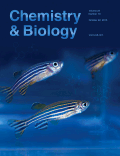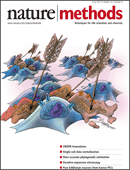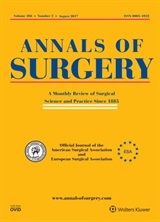
In 1982, Bruce Le Catt wrote a response to a paper in the Australasian Journal of Philosophy critiquing an earlier article about prosthetic vision.
But Le Catt was no ordinary author. No, he was a cat, the beloved pet of David Lewis, a world-class philosopher who just happened to be the author of the article about which Bruce Le Catt was commenting.
Lewis’ inside joke wasn’t lost on those who knew him, and the benign deception seems to have been common knowledge in the field since the Le Catt paper appeared in 1982 (which also happens to be the year Cats began its run on Broadway). The paper has been cited four times since it was published, according to Clarivate Analytics. But 25 years later, the journal has finally decided to put an end to the gag.
The joyless notice states plainly: Continue reading After 35 years, philosophy journal corrects article…by a cat






 The Annals of Surgery has retracted a paper that used only male pronouns to describe surgeons following outcry from readers.
The Annals of Surgery has retracted a paper that used only male pronouns to describe surgeons following outcry from readers.
